AMPLIFY: Professional Learning Experiences for World Language Educators
By Richard Medina, Center for Language & Technology, University of Hawai‘i at Mānoa
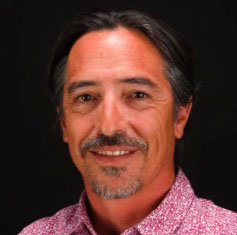
About AMPLIFY
Amplify is a web application that collects and distributes information about professional learning events specifically from language centers, departments, or other organizational units that provide support for world language education. Its primary function is to make professional learning experiences available beyond the walls of individual language centers and their institutions. Contributing organizations post events hosted at their institutions that are coming up, or they can add recordings or other artifacts from an event that is in the past. On one hand, it’s an event calendar and on the other, it’s a catalog of knowledge and expertise from the community of language educators. It is a resource for the profession by the profession!
| Name | Amplify: Professional Learning Experiences for World Language Educators |
| URL | https://amplify.thelanguageflagship.tech |
| Primary purpose | To share and distribute expertise in world language education to other language centers, organizations, and the profession. |
| Cost | Free |
| Ease of use | Use of tags and descriptive fields make it straightforward to find experiences related to a topic or facilitator of interest. |
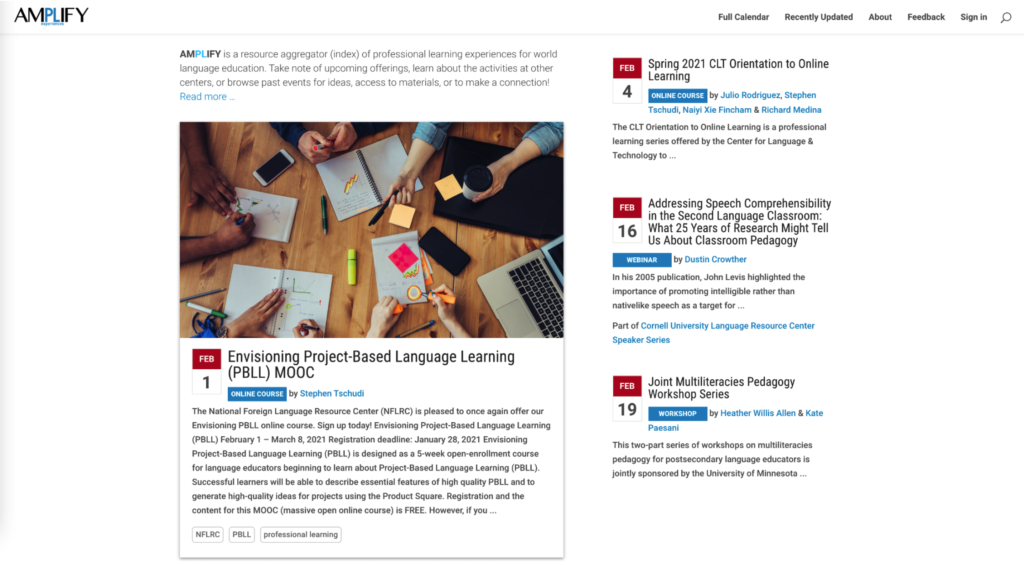
Amplify organizes professional learning experiences which could be activities like talks, webinars, workshops, or precompiled materials such as videos and podcasts. The diversity of expertise and topic areas covered through the various events that have been added to the Amplify site, to date, is fascinating! In the example above are four experiences from four different organizations, the National Foreign Language Resource Center, the Center for Language & Technology (University of Hawai’i at Mānoa), Cornell University Language Resource Center, and a co-sponsored workshop from University of Minnesota and the University of Wisconsin-Madison. Event types and formats are equally varied as well, as there is an online course (or MOOC – massive open online course), a webinar, and a workshop. The example below displays the full detail of an experience that is a podcast.
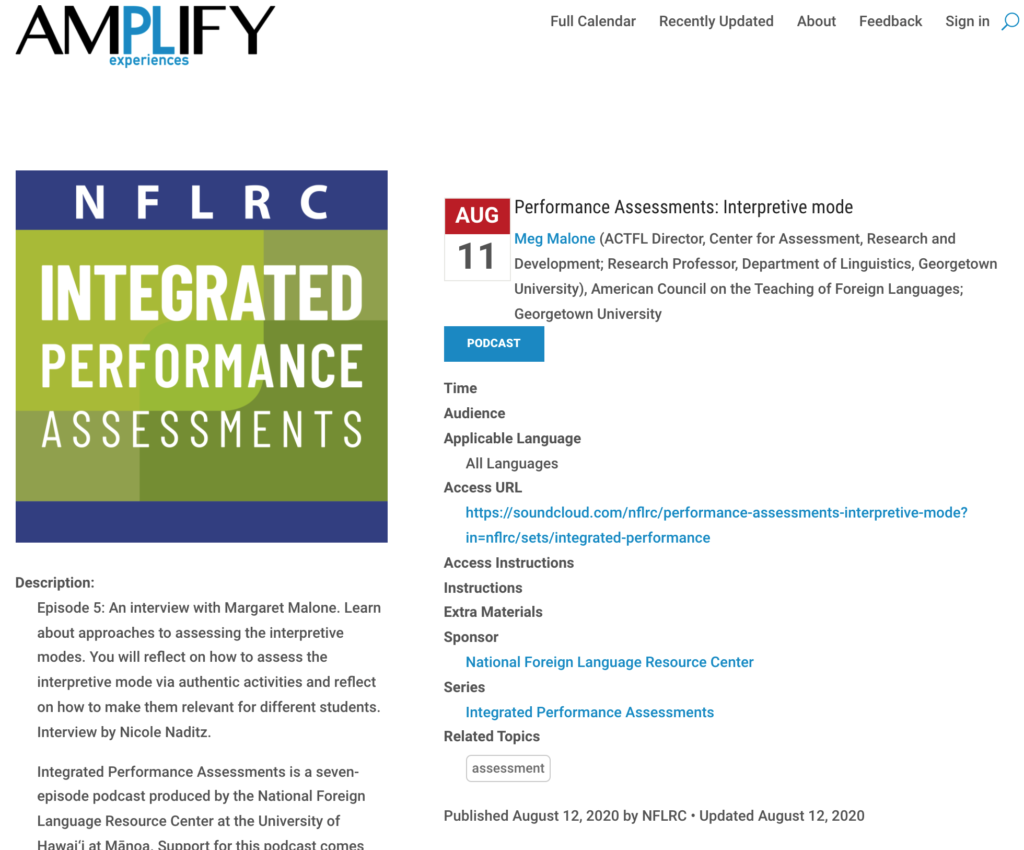
Although many of the topics covered in experiences are targeted at language teaching and learning, other experiences address issues related to world language education such as language technology workshops, lectures on socio/political issues, and even academic reading groups.
Practical uses for language centers
Contributors can post events that will be taking place at their centers, and then, after the event, can update their entry to include materials and recordings of the event. When an entry is updated, it is featured on the home page of the app to alert users about the update.
Another useful feature of Amplify is the ability to quickly navigate through the catalog based on tags related to a topic or by a series. Tags are provided by contributors when they create or edit an entry.
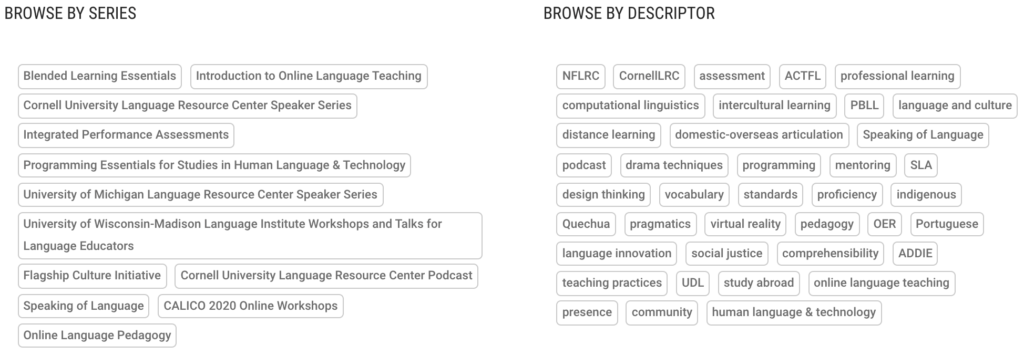
Interested in what other topics a particular presenter is involved in? You can display all entries associated with specific presenters by clicking on their name. This is really helpful for finding the right presenter for your next visiting lecture series or just to make contact with them on related topics! In a similar way, you can filter entries hosted by specific centers or institutions. A full text search of all the content is always available.
Who can contribute?
Personnel from language centers and organizations and individuals associated with language centers, university departments, units, or other organizations can request an Author account on behalf of the organization they represent. Once the account is approved, they are notified with their login information and can begin adding and updating professional learning experiences from their organization.
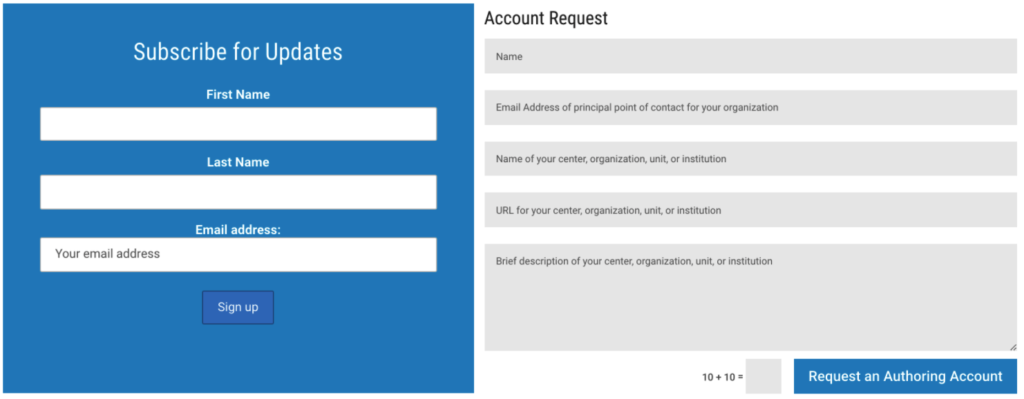
Reframing Professional Development for World Languages
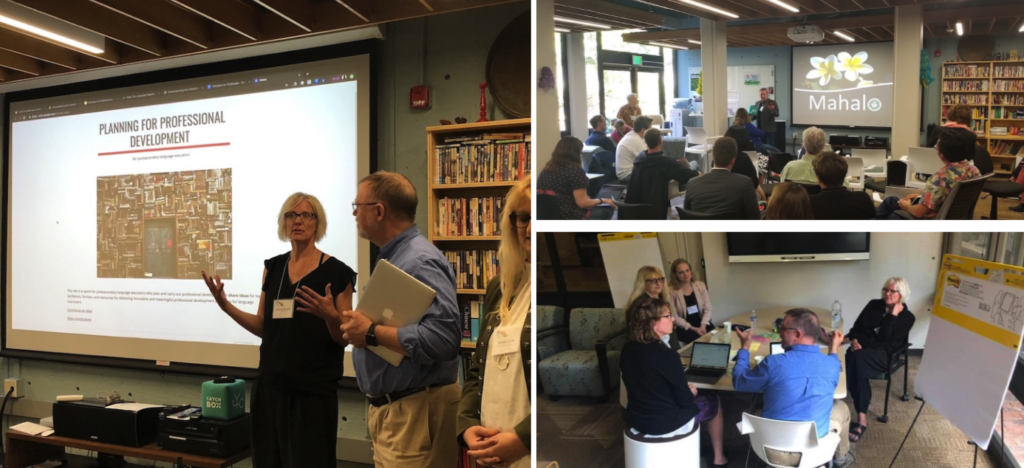
Amplify is a project developed and hosted by the Language Flagship Technology Innovation Center at the University of Hawai’i at Mānoa. The idea, however, of rethinking how we model and share professional development activity was ignited at the “Pathways to Collaborations” workshop, a design-thinking event, organized by the center and held in conjunction with the 2019 IALLT conference. After the event, the participants formed a working group. This group met for a handful of Zoom meetings over many months in 2019 and 2020 where they fleshed out in more detail what this approach would look like and how it would function. You can read more about the ideas behind Amplify at https://amplify.thelanguageflagship.tech/about/.
If you are part of a language center or organization that supports world language education at your institution, please consider visiting Amplify to learn more!
The AMPLIFY project was fully or partially funded under a grant from the Institute of International Education (IIE), acting as the administrative agent of the Defense Language and National Security Education Office (DLNSEO) for The Language Flagship. One should not assume endorsement by the Federal Government. Project P.I.: Dr. Julio C. Rodriguez (juliocr@hawaii.edu)

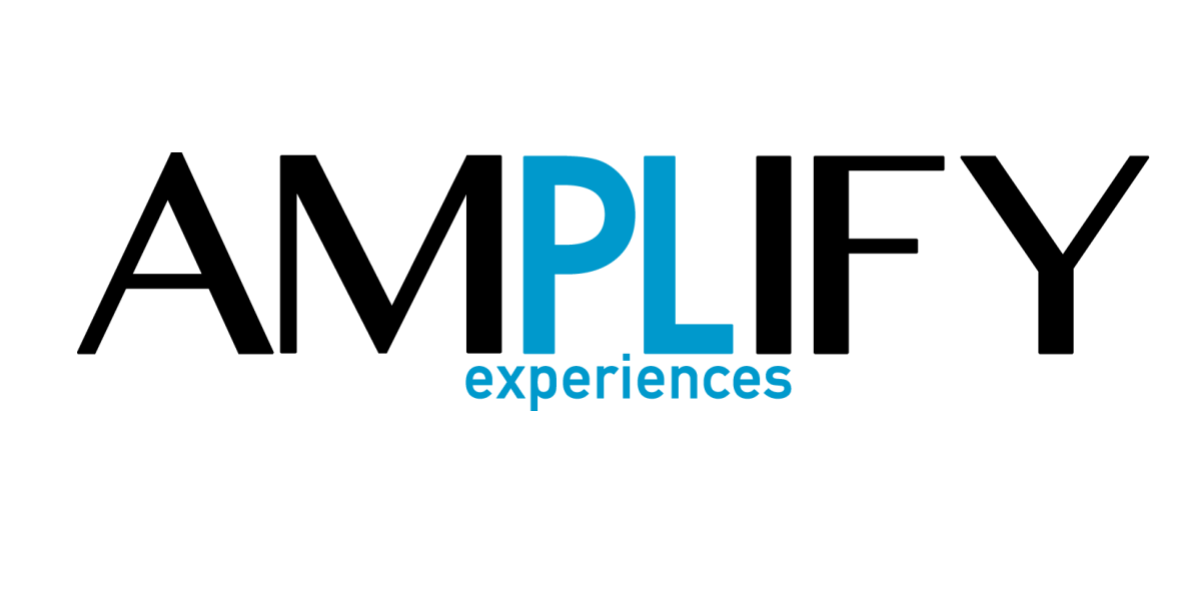
This is such a great resource! Thank you for sharing.